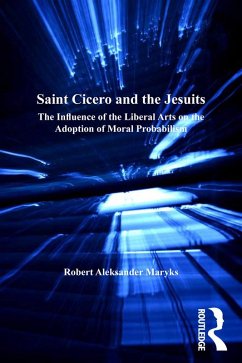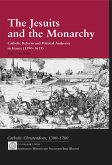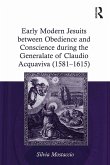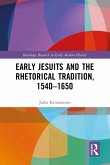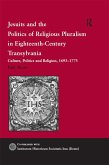Over the past decade various historians have examined the consequences of Ignatius Loyola's decision to involve his newly approved Society of Jesus in various educational enterprises. The first Jesuits emphasized the importance of spiritual conversation, preaching, and reconciliation, horizontally and vertically. In this monograph, Maryks argues that Jesuit interest in classical learning prompted them to re-examine their own concepts of conscience and confession, leading them to increasingly abandon traditional concepts of putting the demands of the law above the calls of their own conscience. By integrating concepts of theology and classical humanism, this book offers a compelling account of how diverse forces could act upon a religious order to alter the central beliefs they held and promulgated.
Dieser Download kann aus rechtlichen Gründen nur mit Rechnungsadresse in A, B, BG, CY, CZ, D, DK, EW, E, FIN, F, GR, HR, H, IRL, I, LT, L, LR, M, NL, PL, P, R, S, SLO, SK ausgeliefert werden.

